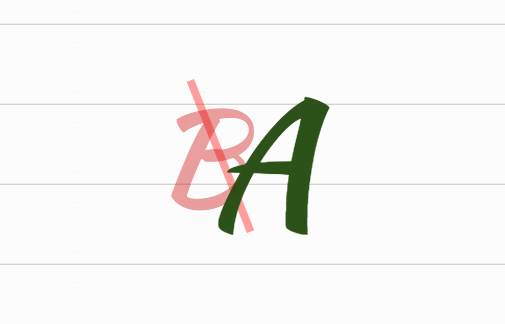Easily earned extra credit is unfair, should be worked for

Extra credit serves to inflate grades rather than promote actual learning.
February 24, 2017
Failed a quiz? Don’t worry, the teacher will assign extra credit in a few weeks and your grade will be back up in no time. Your teacher doesn’t give extra credit? Well, guess you’re out of luck.
Some students spend long, stressful nights studying to earn an A, but others, with different teachers, are able to put in less effort on in-class assignments and use bonus points to improve their grades.
The teacher a student has and the amount of extra credit they assign should not be a determining factor in how well a student does. Teachers are luck of the draw. You can choose which course you take but not who teaches it.
Let’s say you’re lucky and get a teacher who offers a lot of bonuses, thus boosting your grade. Are you actually a better worker than the student who slaves away to get a B under a strict teacher?
You might have a higher rank because of the way the ranking system is set up, but the student who has the strict teacher could actually be learning more, helping them in the long run, because they have to put in more effort. Admittedly, this year, a lot of my teachers do give extra credit.
It’s not that I don’t try as hard as others for my grades. Believe me, I do, but the extra credit definitely gives my grade a generous boost.
Each teacher offers a different amount of opportunities for extra credit, even if they teach the same course. One teacher could play a lot of games with a prize of a couple points added to the winner’s test grade, or something similar.
A few points may not seem like much, but after a couple times, the points add up quickly and can result in drastic changes. However, another teacher could offer no bonus points whatsoever.
Of course, there will always be teachers that grade harsher than others or assign different projects.
However, regulating extra credit is a step in the right direction.
Teachers teaching the same course should discuss beforehand and offer the same opportunities for extra credit. In addition, bonus points from group work or for winning a luck-based game, like bingo, should be abolished.
Group work usually ends with one or two people doing all of the work for the team, particularly in math, although the whole group gets extra points. Games can be fun and help students retain information, but winning a game based on luck should not boost their grades.
If a teacher gives extra credit, it should test the capabilities of the individual student and ensure that they have truly gone above and beyond to earn it and have learned from it.
Either way, receiving extra points for real work instead of a game feels like more of a victory.









